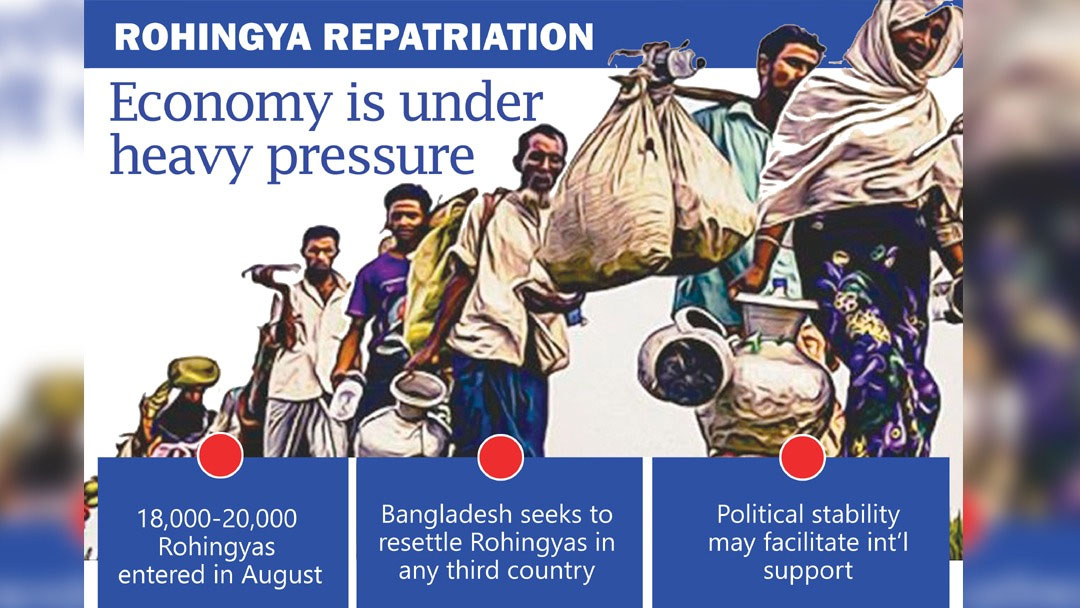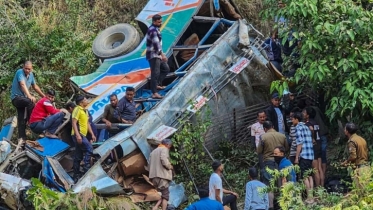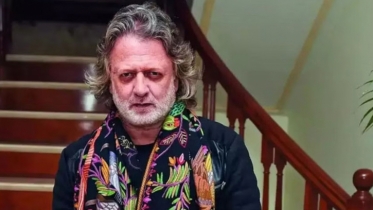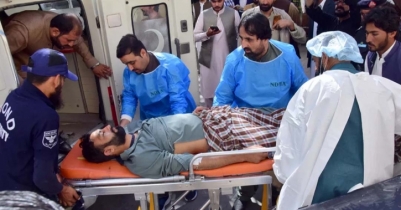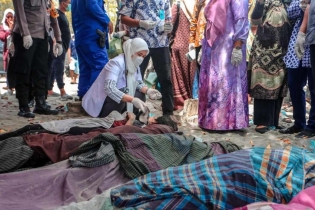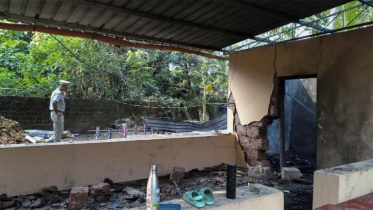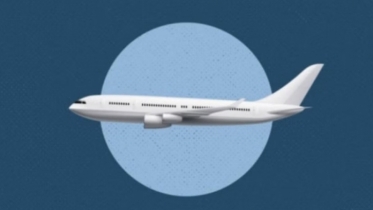On August 25, 2017, over 700,000 Rohingya refugees fled Myanmar's Rakhine State to seek shelter in Bangladesh from an ethnic cleansing. This number has since grown to around 1.4 million, putting immense strain on the country. Despite passing seven years, efforts to repatriate the Rohingyas have not succeeded, and new waves of infiltration have begun.
After a student movement caused the downfall of the Awami League government, Nobel laureate Dr. Muhammad Yunus has initiated reforms in various institutions to address the crisis.
International discussions are focusing on the interim government's chances of repatriating the Rohingyas. Bangladesh's Ministry of Foreign Affairs reports that 10,000 Rohingyas entered the country in August, though local estimates suggest the number is significantly higher.
In an interview with the Press Trust of India, Muhammad Yunus said Bangladesh will seek India's assistance to persuade Myanmar to repatriate its citizens.
He stressed the need for support from both India and China to manage the Rohingya crisis, which is straining Bangladesh's economy. Yunus noted India's strong ties with Myanmar are crucial for resolving the issue.
As head of the government, Muhammad Yunus stressed the importance of responsibly repatriating the Rohingya.
He has already met with key stakeholders, including a delegation from the International Organization for Migration (IOM) Bangladesh, where he emphasized the need for swift rehabilitation efforts.
Meeting sources revealed that the Chief Adviser stressed the need to resettle Rohingyas in third countries. IOM Bangladesh Mission Chief, Abdu Sattar Isoev, discussed resettlement efforts in developed nations, including the U.S. While the U.S. has pledged to resettle thousands of Rohingyas, the process has been slow. The Chief Adviser urged speeding up these efforts.
UN Resident Representative Gwen Lewis recently met with the Chief Adviser and Home Affairs Adviser, discussing cooperation on Rohingya repatriation. On the seventh anniversary of the crisis, UNHCR urged donor countries, international, and non-governmental organizations to boost funding for Rohingya operations. Limited funds are affecting essential services, aside from critical, life-saving activities.
Interim government Foreign Adviser Towhid Hossain stated while the UNHCR wants Bangladesh to continue sheltering Rohingyas, the country has already taken in 1.2 million and can no longer do more.
He suggested that those offering advice should take responsibility for the Rohingyas themselves.
Analysts note that despite efforts by Bangladesh and the international community, the Rohingyas have not been able to return to Myanmar.
Diplomatic talks and legal processes have made little progress. The Rohingyas seek cooperation from Bangladesh's new government and favor political stability, believing it will help secure international support.
Abu Morshed Chowdhury, President of Cox's Bazar Civil Society, expressed concern, urging the government to engage both sides in discussions to prevent further intrusions.
Various national and international organizations have supported Rohingyas with financial aid and relief supplies, including the UN. However, when reports emerged that Rohingyas were selling relief items, it sparked widespread condemnation.
Subsequently, many organizations halted their aid. Now, a country with a weak economy is struggling to meet the Rohingyas' needs.
As Rohingya repatriation is delayed, terrorism and criminal activities are rising in the camps. Rohingyas are engaging in murder, rape, kidnapping, and arms and drug dealing.
Even some are getting Bangladeshi citizenship in exchange of money. This has heightened safety concerns among local citizens.
The Rohingyas have indicated they will return to Myanmar if a 'safe zone' is established.
Since February, intense conflict between the Junta Army and the Arakan Army in Rakhine State, near the Bangladesh border, has resulted in 200 deaths.
Many fleeing the violence are taking refuge in Teknaf Municipality and nearby areas, paying brokers and local influentials large sums for safety. The new arrivals include many from affluent families in Maungdoo, Rakhine.
END/BR

